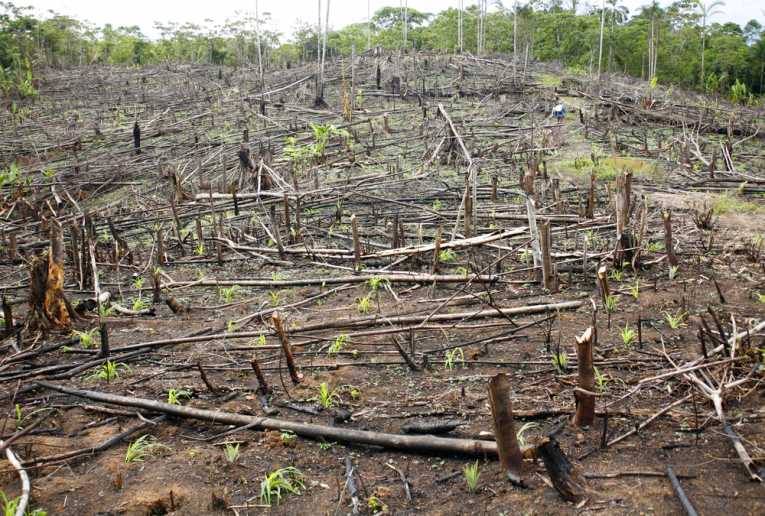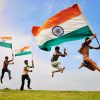India, the second-most populous country in the world, is unfortunately home to one of the highest rates of deforestation globally. The country’s lush forests, once a thriving sanctuary for diverse plant and animal species, are rapidly being cleared at an alarming rate, leaving devastating consequences for the environment, local communities, and the economy. In this article, we will go into the causes of deforestation in India and explore the solutions necessary to mitigate its devastating impact.
Causes of Deforestation in India
Deforestation in India can be attributed to a complex array of factors, with agriculture, urbanization, and exploitation of natural resources being the primary drivers. The increasing demand for land and resources has led to widespread clearance of forests, many of which are now being used for agricultural purposes such as cotton, sugarcane, and palm oil production. The rapid expansion of urban areas has also contributed to the destruction of forests, as cities continue to sprawl outward, encroaching on natural habitats. Furthermore, the exploitation of timber, firewood, and other natural resources has also contributed to deforestation, often perpetuated by unsustainable logging practices.
Consequences of Deforestation in India
The consequences of deforestation in India are far-reaching and severe. The loss of forests has devastating effects on the environment, including soil erosion, increased greenhouse gas emissions, and the loss of biodiversity. Local communities, who often rely on forests for their livelihoods, are being displaced and marginalized, leading to social and economic instability. The loss of forests also has significant economic implications, as forests play a crucial role in regulating water cycles, preventing soil degradation, and protecting against natural disasters.
Solutions to Deforestation in India
To mitigate the devastating impact of deforestation in India, it is essential to implement a multifaceted approach that addresses the root causes of deforestation. Firstly, sustainable agriculture practices must be promoted, such as agroforestry and permaculture, which prioritize the conservation of forests and biodiversity. The government must also establish and enforce strict regulations to prevent illegal logging and illegal land conversion. Moreover, reforestation and afforestation initiatives must be implemented, aimed at rehabilitating degraded forests and establishing new ones. Additionally, community-led conservation efforts must be supported, empowering local communities to take ownership of forest conservation and management.
Way Forward
While the task of reversing deforestation in India seems daunting, there is reason to be optimistic. The Indian government has recently introduced initiatives aimed at promoting sustainable forest management and conservation, such as the Forest (Amendment) Act, 2017, which aims to improve forest governance and protect forests. Furthermore, the international community has also taken notice of the issue, with organizations such as the United Nations Environment Programme and the World Wildlife Fund working to support forest conservation efforts in India. As a nation, it is imperative that we work collectively towards finding solutions to this pressing environmental issue, ensuring that the rich biodiversity and ecosystems of India’s forests are preserved for future generations.


